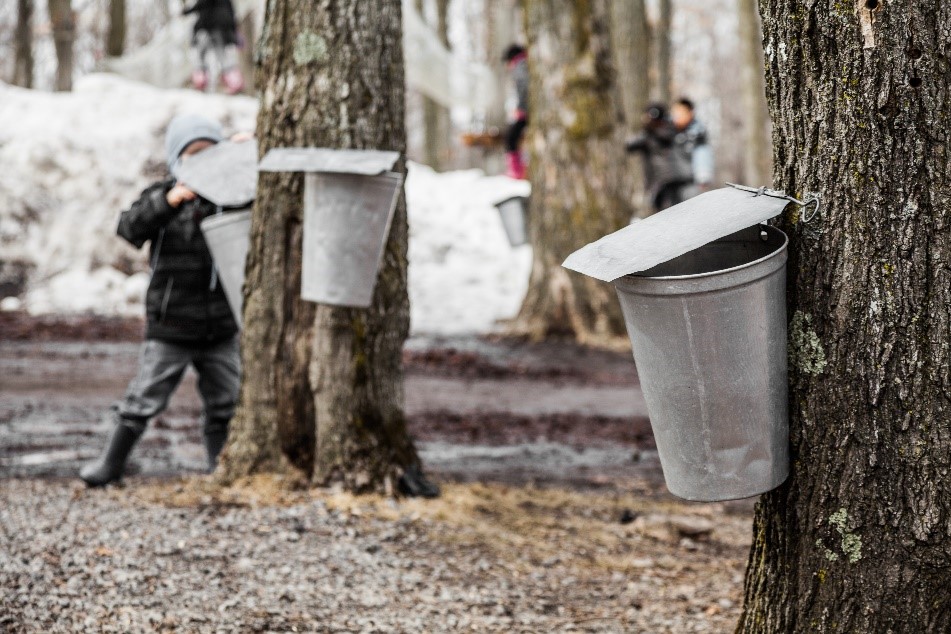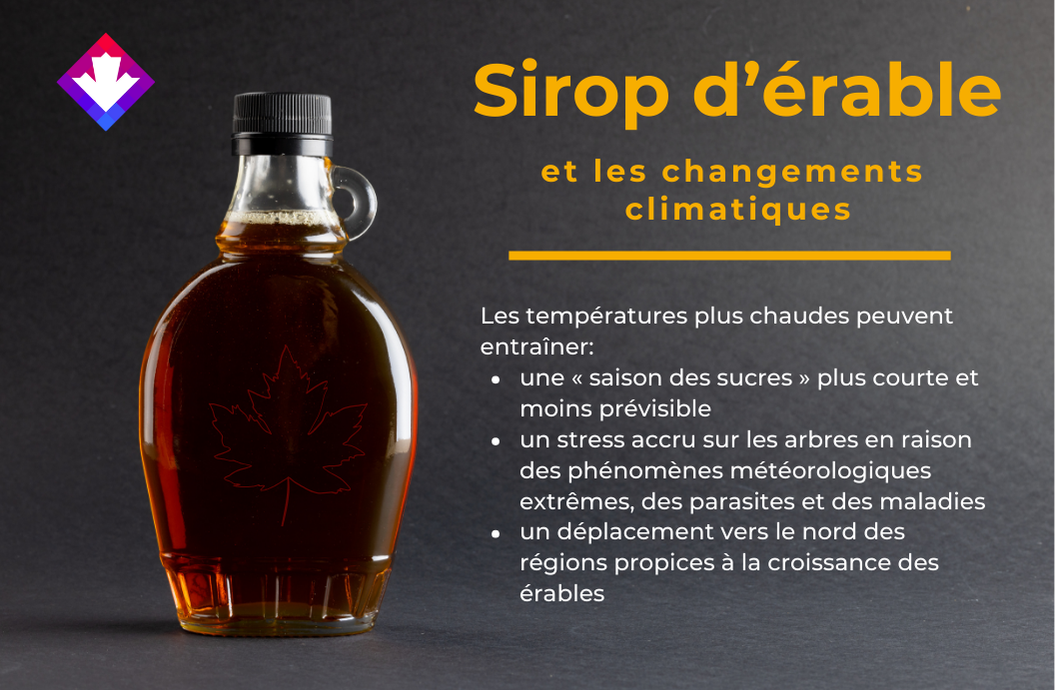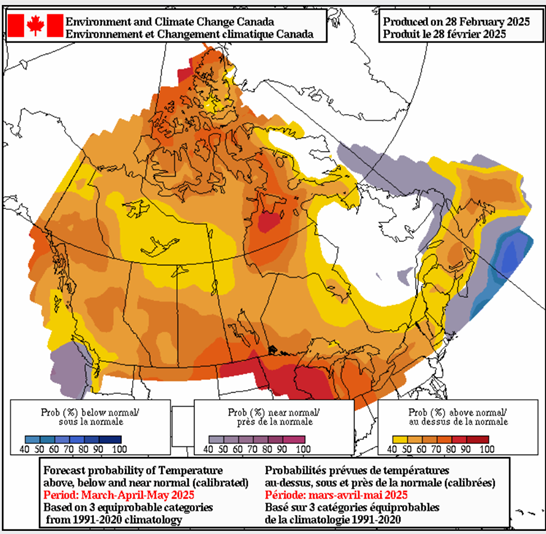Références
[1] Agriculture et Agroalimentaire Canada. (2025). Aperçu statistique de l’industrie acéricole canadienne 2023.
[2] Zhang, X., Flato, G., Kirchmeier-Young, M., Vincent, L., Wan, H., Wang, X., Rong, R., Fyfe, J., Li, G., Kharin, V.V. (2019). Les changements de température et de précipitations au Canada; chapitre 4 dans Bush, E. et Lemmen, D.S. (éd.) Rapport sur le climat changeant du Canada, gouvernement du Canada, Ottawa, Ontario, pp. 112-193.
[3] Environnement et Changement climatique Canada. (2024). Bulletin des tendances et des variations climatiques – Hiver 2023-2024. ISSN : 2367-9794.
[4] Lada, R., Nelson,K., Thiagarajan, A. (2014). Climate Change Impacts on Maple Syrup Yield in Nova Scotia. Maple Research Program.
[5] Houle, D., Paquette, A., Côté, B., Logan, T., Power, H., Charron, I., & Duchesne, L. (2015). Impacts of climate change on the timing of the production season of maple syrup in Eastern Canada. PLoS One, 10(12), e0144844.
[6] Environmental Protection Agency (EPA). (2025). Climate Change Connections: Vermont (Maple Syrup).
[7] Pelletier, D. (2023). Notre sirop d’érable en péril. Radio Canada. Notre sirop d’érable en péril.
[8] Legault, S., Houle, D., Plouffe, A., Ameztegui, A., Kuehn, D., Chase, L., Blondlot, A. and Perkins, T.D. (2019). Perceptions of U.S. and Canadian maple syrup producers toward climate change, its impacts, and potential adaptation measures. PLoS ONE, 14(4), e0215511. https://doi.org/10.1371/journal.pone.0215511
[9] Ressources naturelles Canada. (2025). L’acériculture et les changements climatiques : l’avenir a-t-il un goût aussi sucré?
[10] Duchesne, L. et al. (2009). Modelling the effect of climate on maple syrup production in Québec, Canada. Forest Ecology and Management.













